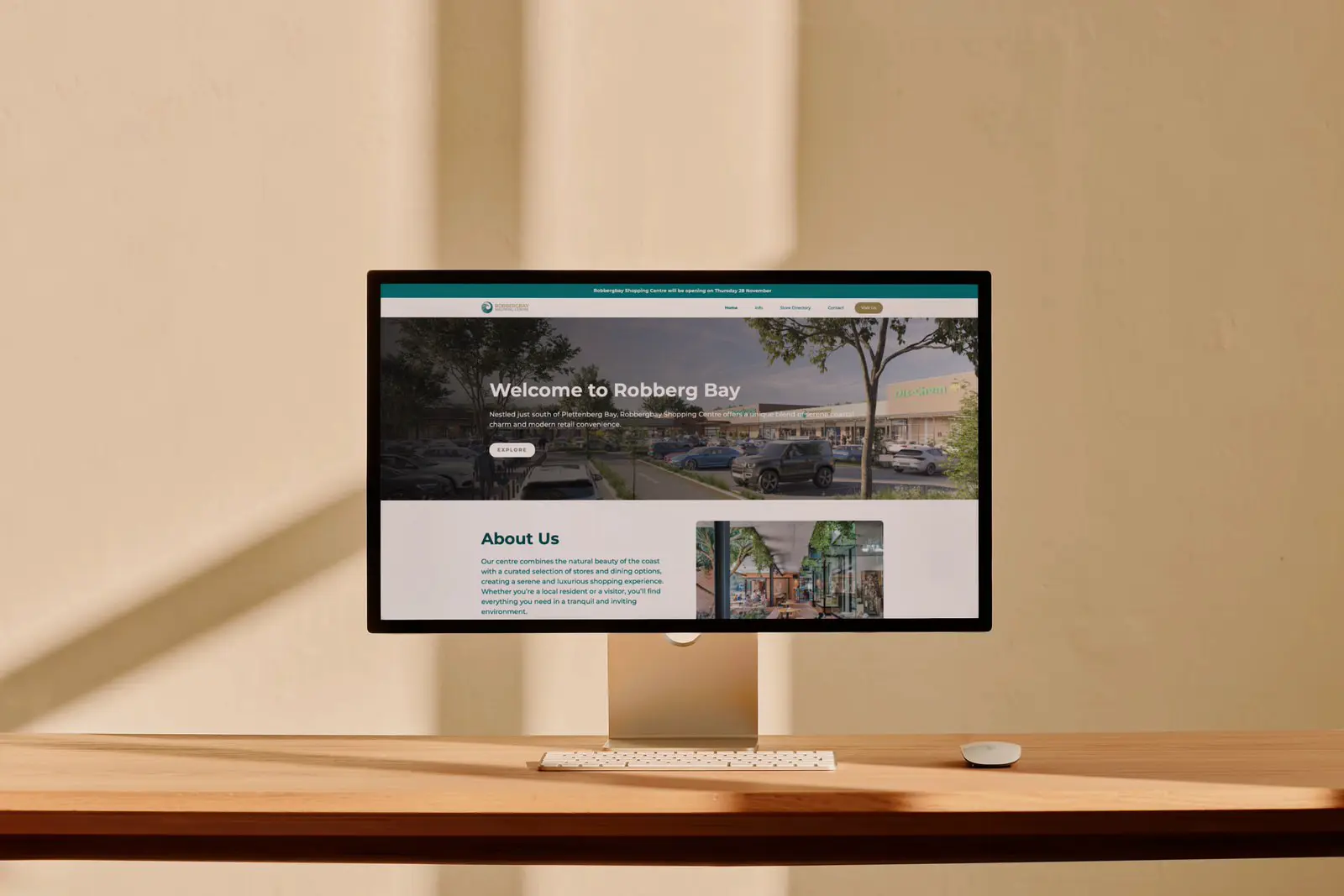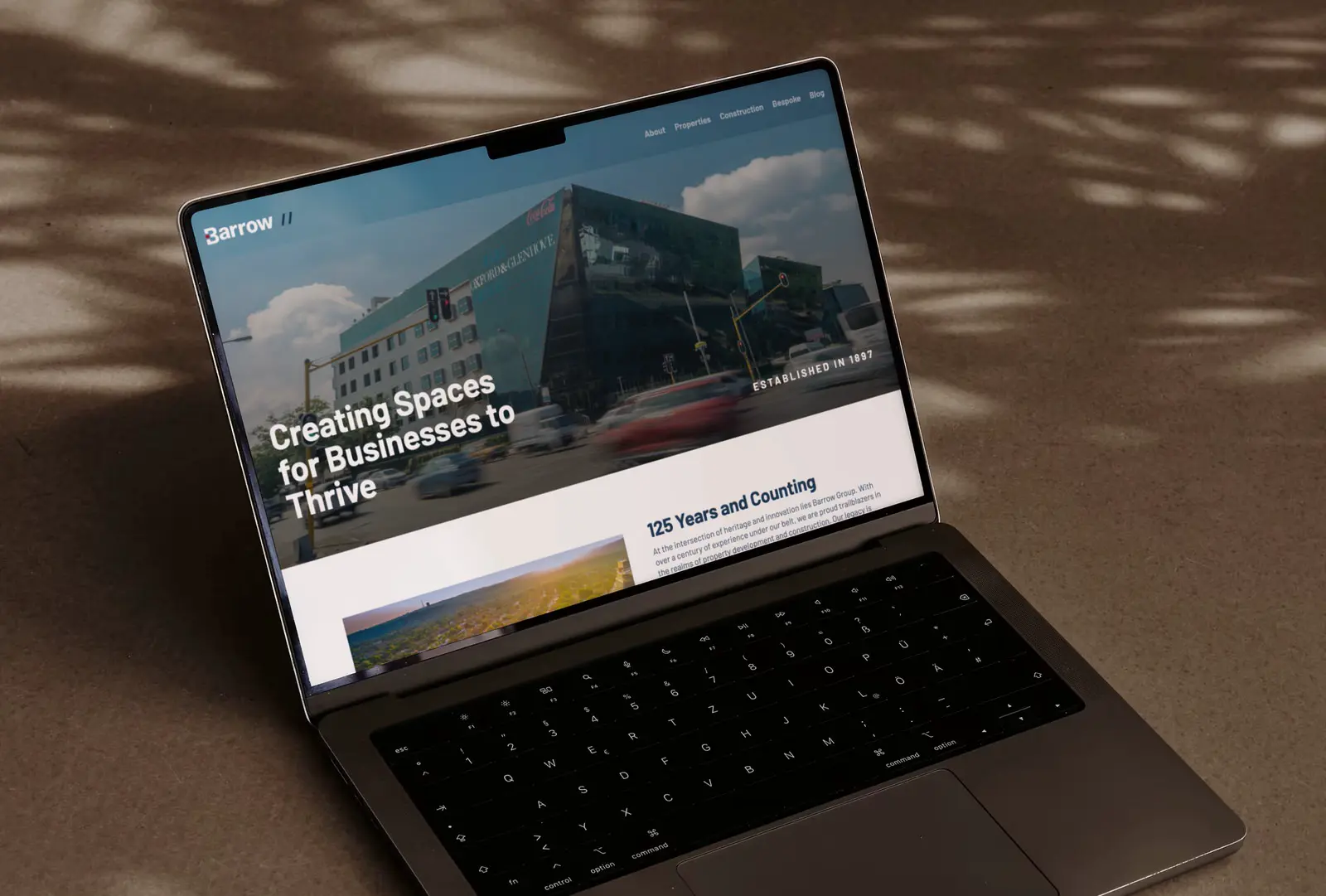Local SEO for South African Businesses

I was scrolling through Google Analytics last month when something struck me—a local café in Johannesburg had somehow managed to outrank major chain restaurants for "best coffee Johannesburg" without spending a fortune on advertising. Their secret? They'd mastered the art of local SEO in the South African context, something I'd been curious about for ages.
This discovery sent me down a rabbit hole of research into what actually works for local businesses in our unique South African market. What I found challenged everything I thought I knew about local search optimization.
The Reality Check: Why Global SEO Advice Falls Short in SA
Most SEO guides are written with American or European markets in mind, but South Africa presents unique challenges that make cookie-cutter approaches ineffective. Our diverse linguistic landscape, varied internet connectivity across regions, and distinct cultural preferences in each province create a completely different playing field.
Take mobile usage, for instance. With over 90% of South African internet users accessing the web via mobile devices, the mobile-first approach isn't just recommended—it's absolutely critical. But it's not just about having a responsive design; it's about understanding that many of our users are dealing with data limitations and varying connection speeds.
I discovered that businesses focusing on local SEO in South Africa need to think differently about everything from keyword research to content creation. The traditional "one-size-fits-all" approach simply doesn't translate when you're dealing with a market where someone in Gauteng searches differently than someone in the Western Cape or KwaZulu-Natal.
The Provincial Puzzle: Regional Differences That Matter
What fascinated me most was learning how dramatically user behaviour varies across our provinces. Gauteng users tend to respond to more formal, corporate language and prioritise professional credibility in their search queries1. Meanwhile, Western Cape searchers are drawn to lifestyle-focused content with strong visual appeal and storytelling elements. KwaZulu-Natal users, on the other hand, engage more with culturally inclusive content that resonates with the province's diverse heritage.
This isn't just theoretical—it has real implications for how businesses should approach their local SEO strategy. A plumbing service in Johannesburg needs to present itself differently online than one in Cape Town, not just in terms of location-specific keywords, but in tone, imagery, and overall brand presentation.
The competitive landscape also varies significantly between provinces. Gauteng's mature digital market means businesses face established competitors with sophisticated SEO strategies, requiring more nuanced approaches to stand out 1. The Western Cape presents opportunities in niches where design-focused businesses dominate but gaps remain. KwaZulu-Natal, being an emerging digital market with lower SEO maturity, offers prime opportunities for businesses to establish early dominance.
Google My Business: The Foundation That Actually Works
Every success story I researched started with the same foundation: a properly optimised Google My Business profile. But there's a catch in South Africa—claiming your GMB listing can be challenging due to our postal service limitations 3. The verification process often takes longer than expected, but businesses that persist see remarkable results.
One Johannesburg restaurant case study showed exactly why this matters. After optimising their GMB listing with current information, engaging photos, and regular updates, they saw a 75% increase in online reservations within three months. They didn't just fill out the basic information; they treated their GMB profile as a living, breathing representation of their business.
The key elements that made the difference were consistent NAP (Name, Address, Phone number) information across all platforms, regular posting of updates and photos, active management of customer reviews, and strategic use of relevant business categories and attributes.
What struck me was how many businesses still treat GMB as a "set it and forget it" tool, when successful companies use it as an ongoing marketing channel.
The Content Localisation Game-Changer
Here's where things get interesting. Successful local SEO in South Africa isn't just about translating content—it's about cultural adaptation. The businesses that truly succeed create content that resonates with their specific regional audience's expectations and cultural nuances.
A retail store in Johannesburg demonstrated this perfectly by creating blog posts about local events and promotions specific to their area. They weren't just targeting generic keywords like "clothing store"—they were creating content around "Johannesburg fashion trends" and "Sandton shopping events." This localised content strategy resulted in a 50% increase in foot traffic within six months.
The most effective approach combines location-specific keywords with genuinely valuable local content. This means writing about local events, community issues, regional trends, and area-specific solutions to common problems. It's about becoming not just a business in the area, but a resource for the community.
Technical Foundations: The Infrastructure Nobody Talks About
One insight that surprised me was the impact of hosting location on local SEO performance. South African businesses using local hosting providers or content delivery networks with nodes in the region consistently showed better load times and, consequently, better rankings.
This makes perfect sense when you consider Google's Core Web Vitals and the emphasis on page speed as a ranking factor. When your target audience is primarily South African users, having your website hosted locally reduces latency and improves the user experience—signals that Google definitely notices.
The technical checklist that successful businesses follow includes mobile-optimised design that works well on slower connections, LocalBusiness schema markup to help search engines understand location and services, fast loading times optimised for South African internet infrastructure, and consistent NAP information across all online directories and platforms 5.
Reviews and Social Proof: The Trust Factor
Customer reviews aren't just nice to have—they're essential for local SEO success in South Africa. The businesses I studied that achieved significant growth all had systematic approaches to generating and managing reviews. A plumbing service in Johannesburg saw a 60% increase in qualified leads within four months, largely attributed to their review generation strategy 4.
The approach that works involves actively encouraging satisfied customers to leave reviews, responding promptly and professionally to all reviews (both positive and negative), using review feedback to improve services and address common concerns, and showcasing positive reviews on their website and social media.
What's crucial is authenticity. South African consumers are particularly good at spotting fake reviews, so the focus must be on genuinely earning positive feedback through excellent service.
Measuring Success: What the Numbers Actually Show
The businesses that succeed with local SEO in South Africa track specific metrics that matter for local search. A Cape Town e-commerce platform that implemented comprehensive local SEO strategies saw a 150% increase in organic traffic within six months and achieved top 10 rankings for competitive local keywords 6.
But it's not just about traffic numbers. The metrics that indicate real success include local search ranking improvements, increases in "near me" search visibility, growth in Google My Business interactions (calls, direction requests, website clicks), higher conversion rates from local traffic, and increased foot traffic for physical locations 7.
The Path Forward: Starting Your Local SEO Journey
Based on all the research and case studies I've examined, the businesses that succeed with local SEO in South Africa follow a systematic approach. They start with the fundamentals—claiming and optimising their Google My Business profile, ensuring NAP consistency across all platforms, and implementing basic on-page SEO with local keywords.
Then they focus on creating genuinely valuable local content that serves their community, building relationships with other local businesses for natural link building opportunities, and systematically collecting and managing customer reviews.
The most important insight is that local SEO in South Africa isn't about quick wins—it's about building genuine relevance and authority within your specific geographic and cultural context. The businesses that understand this and commit to the long-term approach are the ones seeing remarkable results.
Read Similar Success Stories
Discover how other businesses have transformed their marketing challenges into growth opportunities through strategic partnerships with us.
Ready to stop struggling with your marketing?
Book a 20-minute call today and discover how clear communication can transform your business.





























.webp)
.webp)